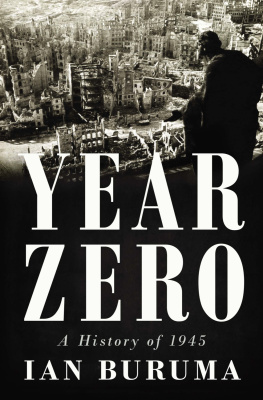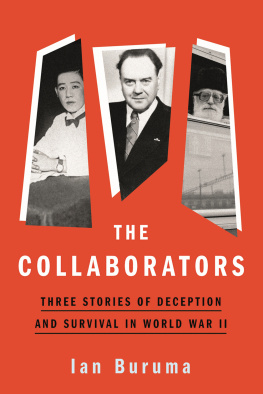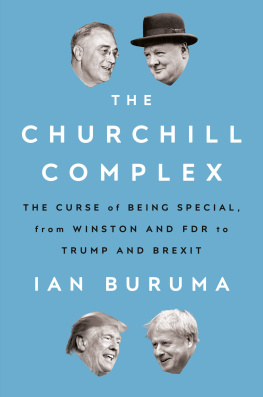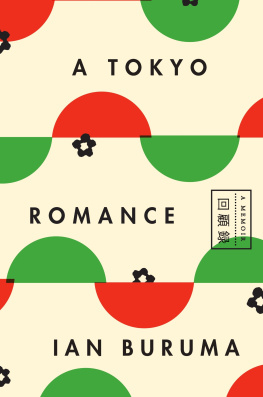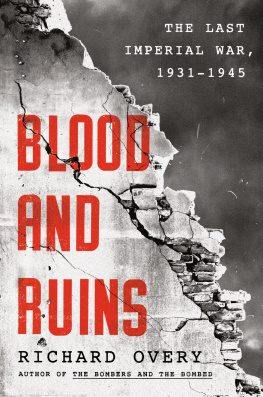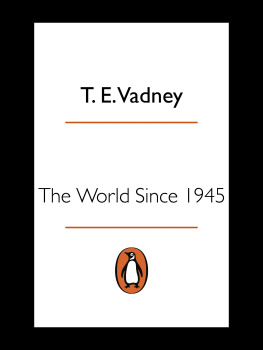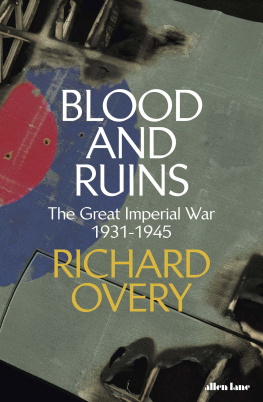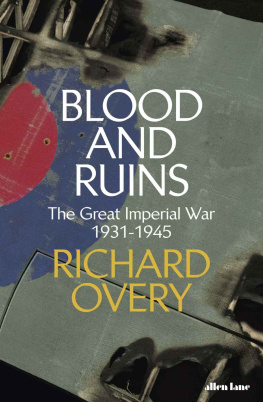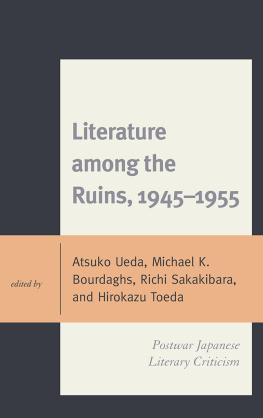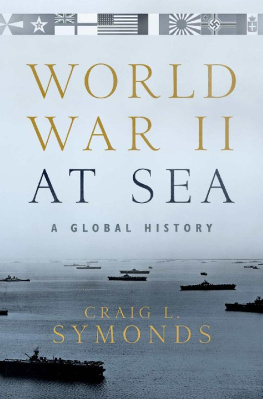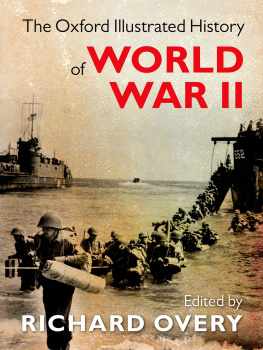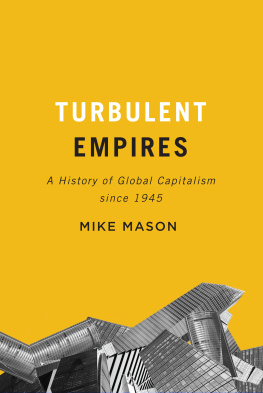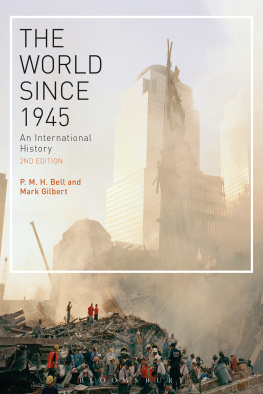ALSO BY IAN BURUMA
Taming the Gods: Religion and Democracy on Three Continents
The China Lover: A Novel
Murder in Amsterdam: Liberal Europe, Islam, and the Limits of Tolerance
Conversations with John Schlesinger
Occidentalism: The West in the Eyes of Its Enemies
Inventing Japan: 18531964
Bad Elements: Chinese Rebels from Los Angeles to Beijing
Anglomania: A European Love Affair
The Missionary and the Libertine: Love and War in East and West
Playing the Game
Gods Dust: A Modern Asian Journey
Behind the Mask: On Sexual Demons, Sacred Mothers, Transvestites, Gangsters, Drifters and Other Japanese Cultural Heroes
The Japanese Tattoo (text by Donald Richie, photographs by Ian Buruma)
THE PENGUIN PRESS
Published by the Penguin Group
Penguin Group (USA) LLC
375 Hudson Street
New York, New York 10014
USA Canada UK Ireland Australia New Zealand India South Africa China
penguin.com
A Penguin Random House Company
First published by The Penguin Press, a member of Penguin Group (USA) LLC, 2013
Copyright 2013 by Ian Buruma
Penguin supports copyright. Copyright fuels creativity, encourages diverse voices, promotes free speech, and creates a vibrant culture. Thank you for buying an authorized edition of this book and for complying with copyright laws by not reproducing, scanning, or distributing any part of it in any form without permission. You are supporting writers and allowing Penguin to continue to publish books for every reader.
Excerpt from a poem by A. P. Herbert. Used by permission of A P Watt at United Agents on behalf of the Executors of the Estate of Jocelyn Herbert, MT Perkins and Polly MVR Perkins.
Excerpt from Dont Lets Be Beastly to the Germans by Noel Coward. Published by Warner Chappell Music Ltd.
Excerpt from My Little Sister from My Little Sister and Selected Poems 19651985 by Abba Kovner, translated by Shirley Kaufman, Oberlin College Press.
constitute an extension of this copyright page.
LIBRARY OF CONGRESS CATALOGING-IN-PUBLICATION DATA
Buruma, Ian.
Year zero : A history of 1945 / Ian Buruma.
p. cm.
Includes bibliographical references and index.
ISBN 978-1-101-63869-9
1. History, Modern19451989. 2. World War, 19391945Peace. 3. World War, 19391945Influence. I. Title.
D840.B88 2013
940.53'14dc23 2013007702
To my father, S. L. Buruma, and to Brian Urquhart
A Klee drawing named Angelus Novus shows an angel looking as though he is about to move away from something he is fixedly contemplating. His eyes are staring, his mouth is open, his wings are spread. This is how one pictures the angel of history. His face is turned toward the past. Where we perceive a chain of events, he sees one single catastrophe that keeps piling ruin upon ruin and hurls it in front of his feet. The angel would like to stay, awaken the dead, and make whole what has been smashed. But a storm is blowing from Paradise; it has got caught in his wings with such violence that the angel can no longer close them. The storm irresistibly propels him into the future to which his back is turned, while the pile of debris before him grows skyward. This storm is what we call progress.
WALTER BENJAMIN
Ninth Thesis on the Philosophy of History
CONTENTS
PART THREE
PROLOGUE
T here was something about my fathers story which baffled me for a long time. His experience of the Second World War was not a particularly unusual one for a man of his age and background. There are many worse stories, yet his was bad enough.
I was quite young when I first heard about my fathers war. Unlike some people, he was not reticent about it, even though some memories must have been painful to recall. And I enjoyed hearing them. There was also an illustration of sorts provided by tiny black-and-white photographs, stuck in an album which I retrieved from a drawer in his study for my private pleasure. They were not dramatic images, but sufficiently strange for me to wonder at: pictures of a primitive workers camp in eastern Berlin, of my father grimacing grotesquely to sabotage an official photograph, of officious-looking Germans in suits adorned with Nazi insignia, of Sunday outings to a lake in the suburbs, of blond Ukrainian girls smiling at the photographer.
These were the relatively good times. Fraternizing with Ukrainians was probably forbidden, but memories of those women still produce a wistful look in my fathers eyes. There are no photographs of him almost dying from hunger and exhaustion, of being tormented by vermin, of using a waterlogged bomb crater as a common toilet as well as the only available bath. But these hardships were not what baffled me. It was something that happened later, after he had come home.
Home was the largely Catholic town of Nijmegen in the east of Holland, where the Battle of Arnhem took place in 1944. Nijmegen was taken by the Allies after heavy fighting, and Arnhem was the bridge too far. My grandfather had been posted there in the 1920s as a Protestant minister to take care of a relatively small community of Mennonites. Nijmegen is a border town. You could walk to Germany from my fathers home. Since Germany was relatively cheap, most family holidays were spent across the border, until the Nazi presence became insufferable even for tourists round about 1937. Passing by a Hitler Youth camp one day, my family witnessed young boys being severely beaten by uniformed youths. On a boat trip along the Rhine, my grandfather caused (perhaps deliberate) embarrassment among German passengers by reciting Heinrich Heines poetic ode to the Rhine maiden, The Lorelei. (Heine was Jewish.) My grandmother decided that enough was enough. Three years later, German troops came pouring across the border.
Life went on, even under German occupation. It was, for most Dutch people, as long as they were not Jewish, still oddly normal, at least in the first year or two. My father entered Utrecht University in 1941, where he studied law. To have a future as a lawyer, it was (and to some extent still is) imperative to become a member of the fraternity, the so-called student corps, which was exclusive and rather expensive. Although socially respectable, being a Protestant minister did not earn enough to pay all my fathers bills. So a maternal uncle from the more affluent side of the family decided to subsidize my fathers social obligations.
However, by the time my father joined, student fraternities had already been banned by the German authorities as potential hives of resistance. This was soon after Jewish professors had been expelled from the universities. At Leyden, the dean of the law faculty, Rudolph Cleveringa, protested against this measure in a famous speech, his bag packed with toothbrush and a change of clothes in case of arrest, which duly came. Students, many of them from the corps, went on strike. Leyden shut down. The fraternity in Amsterdam had already been dissolved by its own members after a German ban on Jewish students.
But Utrecht remained open, and the fraternity continued to function, albeit underground. This meant that the rather brutal hazing rituals for new members had to take place in secret. First-year students, known in the corps as fetuses, were no longer forced to shave their heads, for this would have given them away to the Germans, but it was still customary to make the fetuses hop around like frogs, deprive them of sleep, treat them like slaves, and generally humiliate them in a variety of sadistic games that happened to catch the senior boys fancy. My father, like others of his class and education, submitted to this ordeal without protest. It is the way things were (and still are) done. It was, as they rather pedantically put it in Latin,

